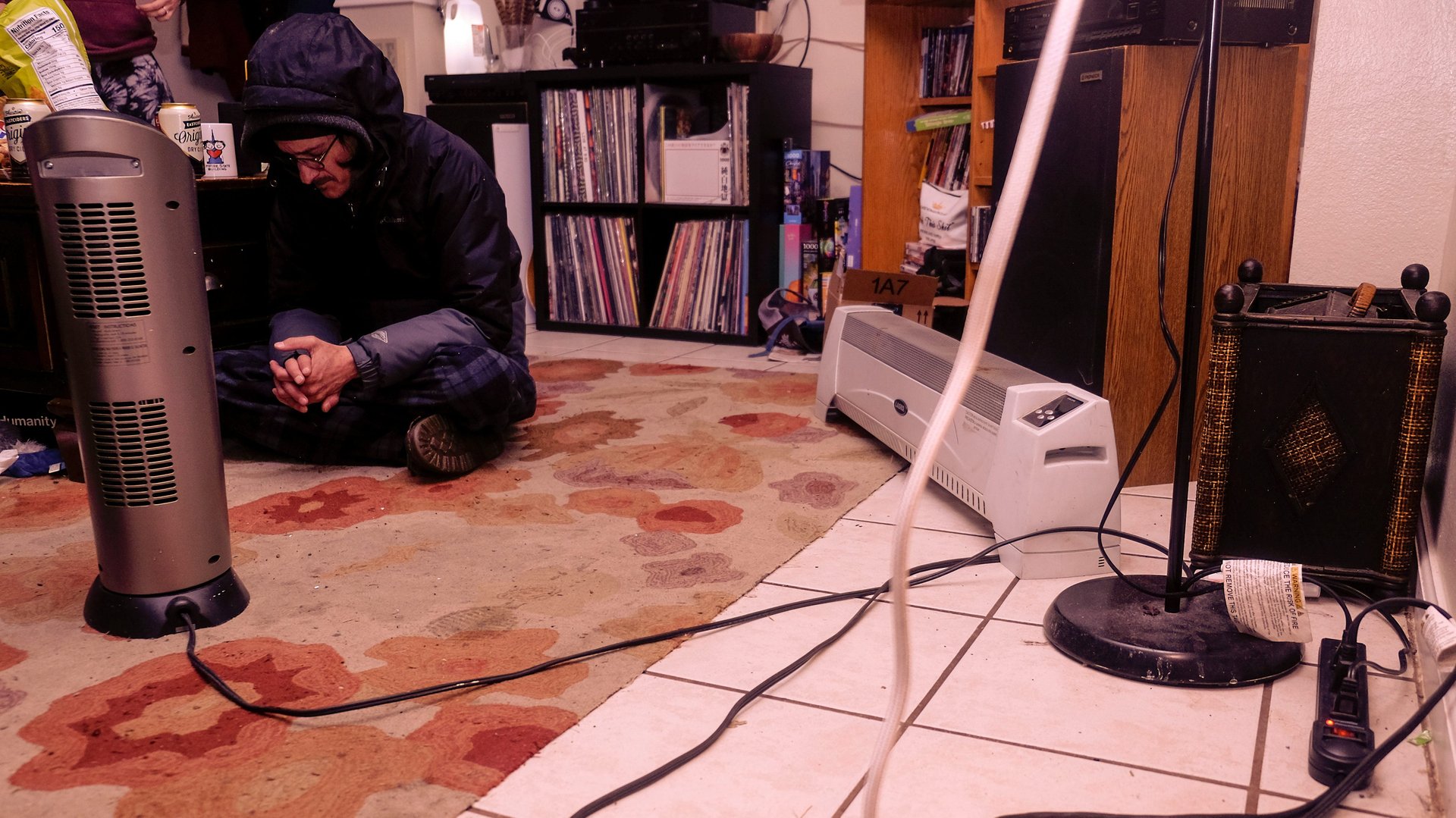Electric heating made Texas more vulnerable to winter blackouts
Why did the Texas electric grid crash from a winter storm that would have been unremarkable a few hundred miles north? The answer is largely about a lack of planning. Grid operators were caught off-guard by the unusual weather, and hadn’t invested in the kinds of protective technology (wind turbine blade warmers, for example) that keep the grid running all winter in frigid places.


Why did the Texas electric grid crash from a winter storm that would have been unremarkable a few hundred miles north? The answer is largely about a lack of planning. Grid operators were caught off-guard by the unusual weather, and hadn’t invested in the kinds of protective technology (wind turbine blade warmers, for example) that keep the grid running all winter in frigid places.
But there’s also a systemic factor: In Texas, three in five households use an electric home-heating system, one of the highest rates in the country. That means when temperatures plummet, electricity use soars, whereas houses in colder regions of the US are more likely to be heated with traditional gas or oil-burning systems. The grid in, say, Minneapolis is both better insulated from cold weather in general, and less likely to experience a sudden demand surge during a cold spell.
There’s an important lesson for climate change adaptation here. Residential buildings account for about 6% of US greenhouse gas emissions (pdf), thanks to the fossil fuels burned by running radiators, water heaters, and stoves. To cut those emissions, urban planners say, every home should eventually be fully electric. When connected to a grid that is increasingly powered by wind, solar, and other zero-carbon sources, an electrified home is a less polluting one. Electric systems are also less expensive than gas to use over the long term in most parts of the country, especially when built into a new home rather than a retrofit, according to a 2018 study by the Rocky Mountain Institute.
The number of US homes with electric heating is rising, from 30% in 2005 to 36% in 2015, according to the Energy Information Administration (more recent survey data is due to be released later this year).
What does all that mean for the grid? In short, more work. Electric heating systems generally use more power than air conditioners, so if every home was electrified, most grids would see peak demand in the winter rather than the summer. That could lead to future blackouts if grid operators don’t plan accordingly; a 2019 analysis by an Austin, Texas-based energy research firm found that switching all homes in the state to electric heat would boost peak winter power demand by 23%, to a level far above what crashed the grid this week.
That problem is easily solved as long as grid operators are prepared. The crisis in Texas this week was exacerbated because many natural gas plants there are routinely offline in the winter for maintenance. In a world with electric heat and more climate-related extreme weather swings, that schedule will need to adapt—and more sources of power generation and storage will be needed across the board.